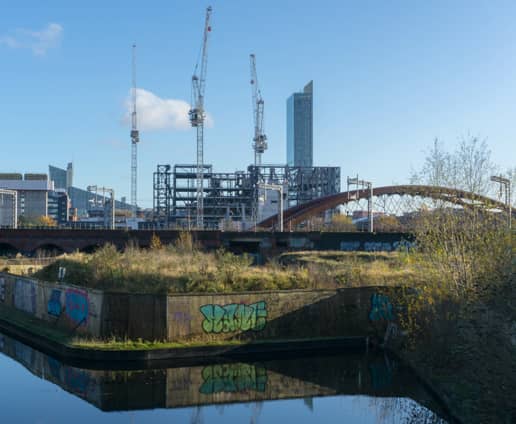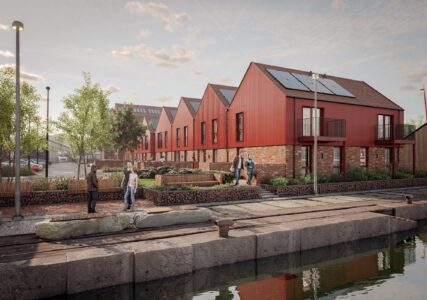Manchester has undergone significant transformation in recent years, driven in large part by extensive urban regeneration projects. These projects have not only changed the city’s skyline but have also had a profound impact on its property landscape. This report aims to examine the effects of these regeneration initiatives on the property market, particularly in the context of residential property investments in Manchester.
- Rising Property Values: Regeneration projects in Manchester have led to a steady increase in property values, especially in areas that have undergone substantial redevelopment. This rise in property values has presented lucrative opportunities for buy-to-let investors, offering the potential for capital growth.
- Increased Rental Demand: The influx of businesses, improved infrastructure, and enhanced amenities in regenerated areas has attracted a growing population of professionals and students. Consequently, there has been an increase in rental demand, providing a stable and potentially profitable market for buy-to-let investors.
- Diversification of Investment Opportunities: Regeneration projects have diversified the types of properties available for investment. From modern apartment complexes to heritage conversions, investors have a wide range of options to choose from, catering to various budgets and preferences.
- Rental Yields: While property values have increased, rental yields have remained competitive. Manchester’s relatively affordable property prices compared to London, coupled with the steady influx of tenants, have helped maintain attractive rental yields for buy-to-let investors.
- Long-Term Sustainability: Manchester’s regeneration projects have been carefully planned to ensure long-term sustainability. This strategic approach provides confidence to investors in the stability and growth potential of the market.
Examples of regeneration projects
- MediaCityUK: Located in Salford Quays, adjacent to Manchester, MediaCityUK is one of the most prominent regeneration projects in the region. It has become a hub for the creative and media industries, attracting major broadcasters, production companies, and digital firms. The development has not only boosted employment opportunities but has also led to the construction of modern residential properties, offering attractive investment prospects.
- Spinningfields: This central Manchester area has undergone a remarkable transformation into a thriving business and retail district. Spinningfields is home to numerous high-end offices, restaurants, and shops. As a result, it has become a desirable location for professionals, driving demand for residential properties in the vicinity.
- Northern Quarter: Known for its vibrant arts and music scene, the Northern Quarter has seen extensive redevelopment over the years. The conversion of warehouses into trendy apartments, along with the addition of hip cafes, boutiques, and galleries, has made this area highly appealing to young professionals and creatives.
- First Street: Situated near Manchester’s Oxford Road station, First Street is an example of mixed-use development. It features office spaces, cultural venues, hotels, and residential apartments. Its strategic location and diverse amenities have contributed to the growth of the local property market.
- Ancoats: Once an industrial area, Ancoats has been revitalised into a trendy and sought-after neighbourhood. Historic cotton mills and factories have been transformed into stylish apartments, attracting both residents and investors. The area’s proximity to the city centre has further boosted its appeal.
- Mayfield: The Mayfield regeneration project aims to transform a former railway depot into a mixed-use development, including commercial spaces, green areas, and residential units. As this project progresses, it is expected to have a positive impact on the surrounding property market.
TK Property Group continues to explore opportunities in Manchester’s regenerated areas. Given the city’s ongoing development, investing in buy-to-let properties in these areas can offer both short-term returns through rental income and long-term capital appreciation.
Furthermore, it is advisable to stay informed about upcoming regeneration projects and their potential impact on the property market. Maintaining a proactive approach to market research and property management will be essential for maximising returns on investments in Manchester.
In conclusion, Manchester’s regeneration projects have had a substantial impact on the city’s property landscape. These initiatives have created a conducive environment for buy-to-let investments, with rising property values, increased rental demand, and a diverse range of investment opportunities. By staying informed and actively participating in the market, TK Property Group can continue to capitalise on the opportunities presented by Manchester’s ongoing urban transformation.









